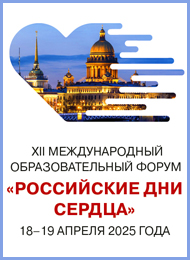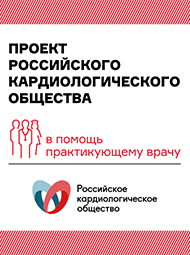Medical advice motivates patients to reduce sodium intake
U.S. adults who received dietary medical advice were more likely to make changes to monitor or reduce their sodium consumption than adults who were not advised about their consumption, researchers reported in a new study.
Sandra L. Jackson, PhD, MPH, and colleagues analyzed data from 173,778 respondents to the 2013 Behavioral Risk Factor Surveillance System, a telephone survey of noninstitutionalized U.S. adults in 26 states, the District of Columbia and Puerto Rico. They estimated prevalence ratios of taking action to reduce sodium intake after adjusting for sociodemographic and health characteristics. The goal was to describe the prevalence and determinants of taking action to reduce sodium intake and to test the hypothesis that medical advice about excessive sodium intake would contribute to a greater rate of taking action to reduce it.
Fifty-three percent of adults reported watching or reducing their sodium intake. Of those, 36% reported starting that behavior within the past 3 years, according to results presented at the American Heart Association’s Epidemiology and Prevention/Lifestyle and Cardiometabolic Health Scientific Sessions.
Among all participants, 23% reported receiving advice from a health care professional to reduce sodium intake. The prevalence of taking action was highest in those who received advice from a health care professional (adjusted prevalence ratio = 1.59; 95% CI, 1.56-1.62). Adults taking antihypertensive medications and those with diabetes, kidney disease and a history of CVD were also more likely to take action. Adults aged 18 to 24 years were least likely to adopt efforts to reduce their sodium, the researchers reported.
Those most likely to receive medical advice to limit sodium intake included adults taking antihypertensive medications and those with a history of diabetes, kidney disease and CVD. Those least likely to receive advice included adults younger than 24 years and those without hypertension.
Of those who had untreated hypertension, only 32% received advice about sodium intake.
After adjustment for sociodemographic and health characteristics, the researchers found that 74% to 83% to adults who received medical advice reported taking action, although there were some disparities across race/ethnic and BMI categories.
“Although data are based on self-report, the substantial proportion of respondents who do not report receiving advice from health professionals suggests a missed opportunity for reducing sodium intake among U.S. adults, particularly among high-risk groups,” Jackson, an epidemic intelligence service fellow at the CDC, and colleagues wrote in an abstract. – by Erik Swain
Reference:
Jackson SL, et al. Abstract PO36. Presented at: American Heart Association Epidemiology and Prevention/Lifestyle and Cardiometabolic Health Scientific Sessions; March 3-6, 2015; Baltimore.
Disclosure: The researchers report no relevant financial disclosures.
Source: www.healio.com






